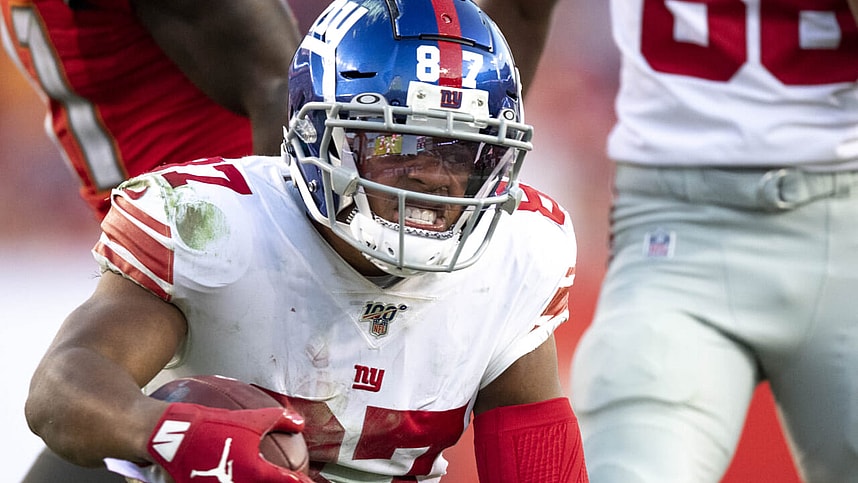
The New York Giants should be worried about Sterling Shepard and his concussion history:
Anytime a player sustains cumulative concussions in a given season is problematic. New York Giants’ wide receiver Sterling Shepard suffered two concussions in 2019, forcing him to miss six games. It was his worst statistical season to date, logging 576 yards and three touchdowns. He played in just 56% of offensive snaps, taking away one of Daniel Jones’s top security blankets and targets from the slot position.
The Giants might have a serious issue in the wide receiver corps if Sterling suffers another concussion in 2020. Having taken multiple hits to his head, causing injury dating back to high school, Shepard is on the fast track to premature retirement.
This was one of the reasons I believe that the Giants would look for a wide receiver in the 2020 NFL draft, but they stood their ground and managed to secure a few high upside players as undrafted free agents. This could also indicate they might go for a young prospect next year, especially if Shepard suffers another concussion.
Despite his injury history in the area, the Giants are confident in Shepard and offered him a four year, $41 million deal to justify it last season (they didn’t know he would suffer two more in 2019). With Golden Tate entering his 11th season in the NFL, the Giants really only have Darius Slayton as a young pass catcher who will be the future at the position.
Finding more young alternatives is a necessity, and while they will probably stick with the current group moving forward, next season will offer them more available cap space to spend on new players.
When did his two concussions occur in 2019?
Shepard suffered a significant hit to the head in the season opener against the Dallas Cowboys, where he was dragged down on a long reception and bashed his head against the turf. He missed the following game and returned in week three, but suffered another concussion in week five, forcing him out for the next three games. He was cleared by an independent neurologist but began to experience more symptoms and was forced out for another two games.
With a young family, Shepard will have to make a decision that could impact the rest of his life. Another hit to the head would justify the consideration of retirement. Having long-lasting symptoms over the course of 4-5 weeks is not a good sign, and protecting himself must be a priority moving forward.
More about:New York Giants